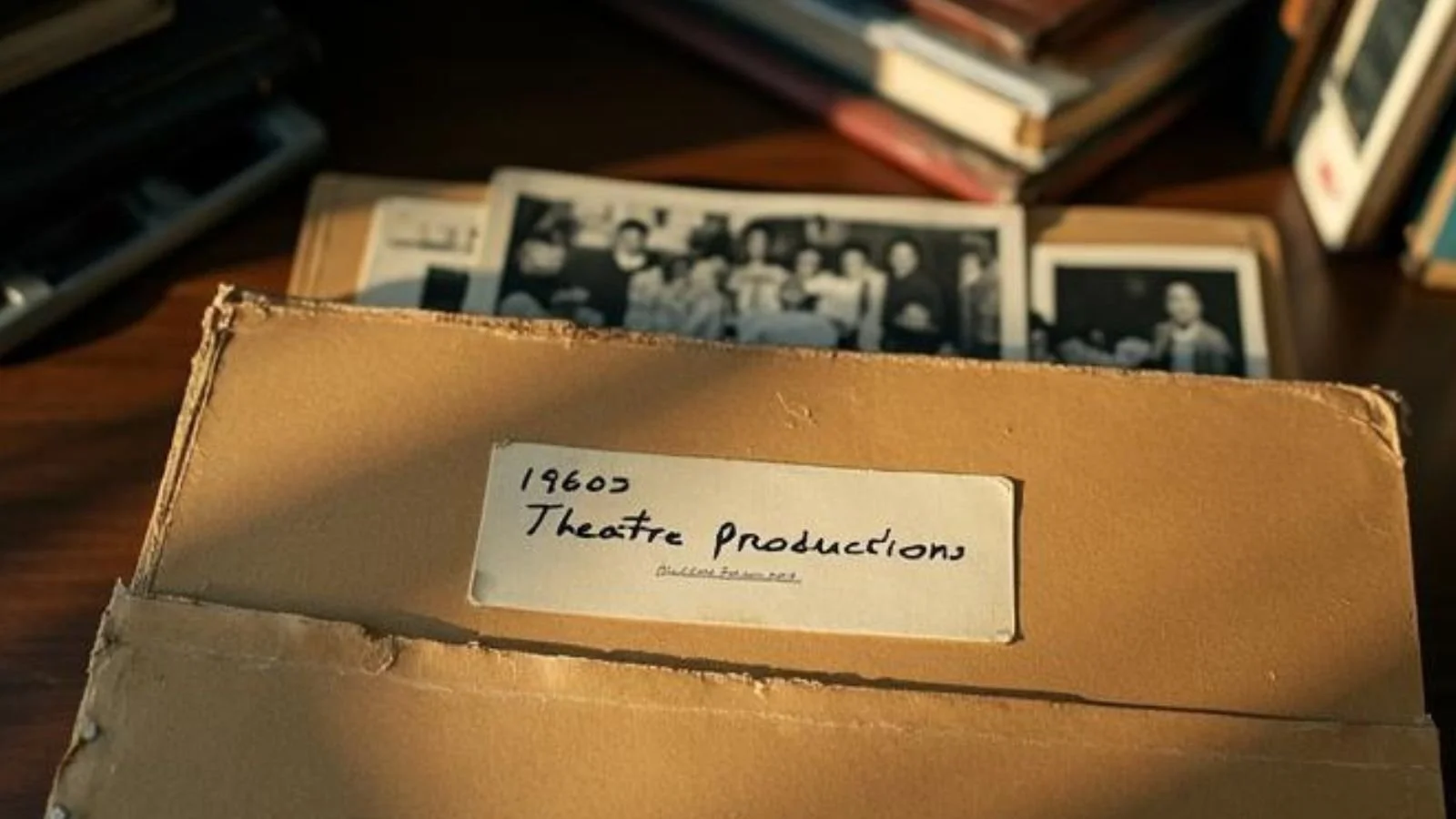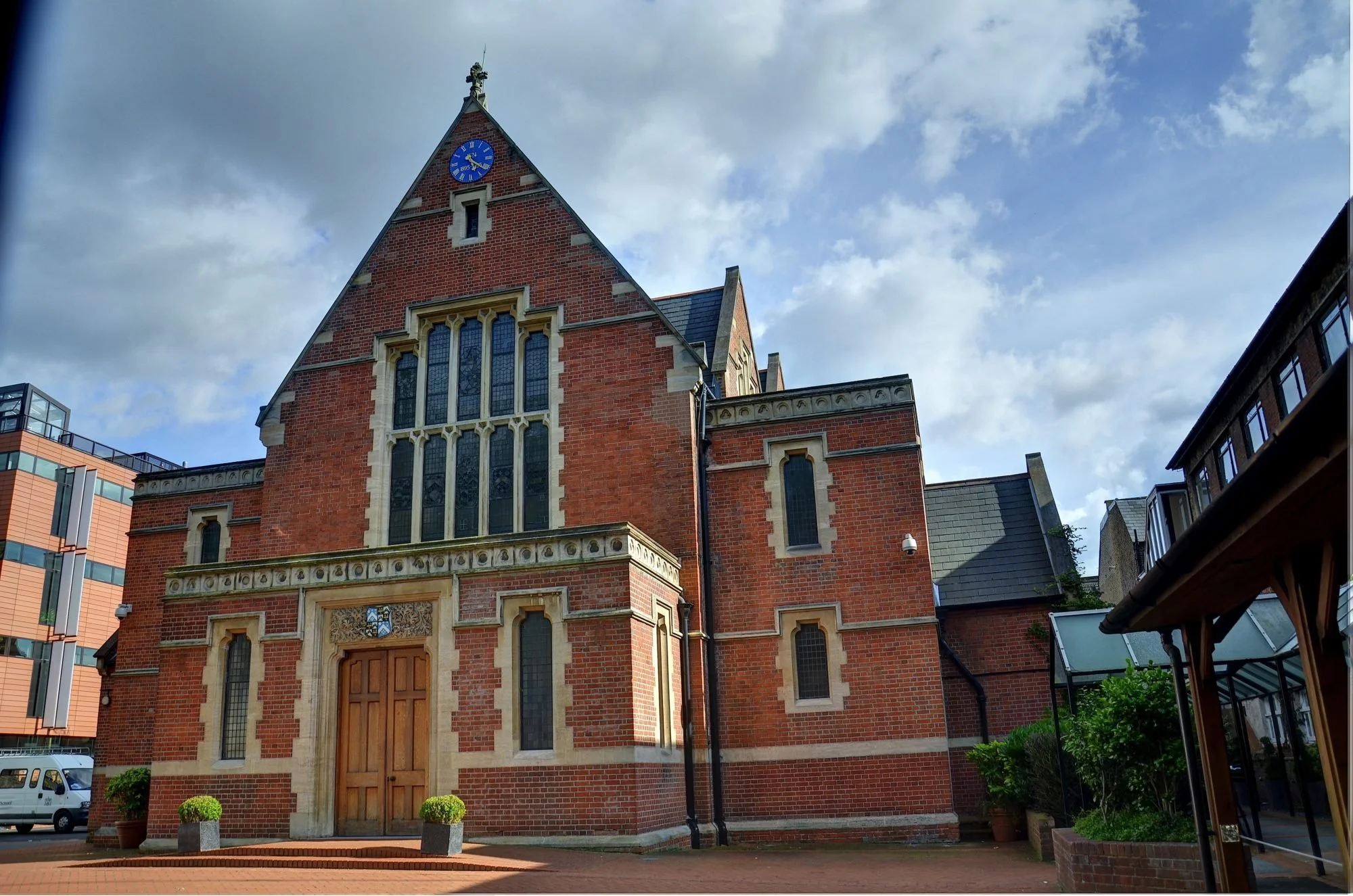How St Peter’s School, York, Used Volunteers to Save Time, Manage Costs, and Build a Successful Digital Archive
Building a digital archive is often seen as a long-term, resource-heavy project. But what if the key to making affordable real progress was already out there? Studying history, culture, or heritage, and looking for meaningful, real-world experience?
At SocialArchive, we regularly see schools and institutions transform their archival projects by welcoming volunteers into the process. One brilliant example is St Peter’s School, who found the perfect fit in a university student with a passion for social history, and in doing so, built a self-sustaining model that’s both cost-effective and future-proof.
Here’s how you can do the same, and why volunteers might just be the missing link in your archive journey.
Why Use Volunteers on Your Digital Archive?
Volunteers bring enthusiasm, fresh ideas, and in many cases, specialised skills. When paired with the right digital tools, they can take the pressure off stretched internal teams and move projects forward faster than you might expect.
At St Peter’s, the decision to bring in a volunteer wasn’t just about budget, it was about potential. The school found a student studying social history from the University of York, someone who immediately understood the value of a living, evolving archive and had the research and digital know-how to bring it to life.
And yes, one of the biggest benefits? It came at no cost.
Finding the Right Fit: Tap Into the Right Networks
The St Peter’s team found their volunteer through Handshake, a platform that connects university students with volunteering and work opportunities. Platforms like this are a brilliant resource if you're open to welcoming students into your projects.
Other potential routes:
University career services and volunteering boards
Local heritage or archival studies courses
Alumni networks
LinkedIn volunteering listings
Be specific in what you’re looking for, whether it’s help with digital categorisation, or social media support for sharing archive stories, a clear role description will help the right person say “yes.”
What You Need to Invest (Spoiler: Not Much)
Managing a volunteer takes some initial setup. At St Peter’s, there was a time investment in onboarding and training, but it paid off quickly.
This kind of model, where each volunteer helps train the next, is a powerful way to future-proof your archive. With just a small amount of oversight, schools can maintain momentum and continuity.
Consider creating:
A simple volunteer handbook or training video
A list of tasks that can be completed independently
Regular check-ins to keep communication open
Match Skills to Archive Needs
Digital archives need more than scanning. Think tagging, metadata input, and storytelling. And increasingly, these tasks align beautifully with university students’ coursework.
SocialArchive’s tools allow volunteers to:
Upload, tag, and categorise digital files
Publish galleries relating to specific themes, events, or cohorts.
Create video compilations from old photos
Create engaging stories or blog posts from archive materials
The volunteer at St Peter’s didn’t just maintain the archive, she helped develop it. Her studies in social history meant she understood the broader context of school events, uniforms, and traditions, and brought fresh perspectives to the table.
What to Expect When Recruiting
Don’t be surprised if your role listing attracts a flood of interest. St Peter’s received 11 applications through Handshake, a reminder of how much demand there is among students for meaningful, CV-building roles.
You’ll need to:
Be prepared to sift applications carefully
Look beyond the course titles, think about attitude, initiative, and passion
Choose someone who will be a good fit for your school community and archive goals
Go Beyond the Digital: Paper & Preservation Help, Too
While the focus at St Peter’s has been on digital archiving, the school also benefits from volunteers who help with paper records and physical artefacts. If you’re fortunate enough to have community volunteers willing to help with preservation tasks, combining that with a digitally-savvy volunteer can create the perfect balance.
Don’t Let Time Be the Barrier
Too often, schools assume they don’t have time to manage an archive project. But as St Peter’s has shown, the right volunteer, equipped with SocialArchive and a little onboarding, can move things forward faster than you imagined.
Whether you're preserving history, engaging alumni, or building a resource for future generations, bringing in the right help can make all the difference.
Watch the full story from St Peter’s School:
We know that every school archive tells a unique story, but we also know how often these stories stay locked away due to lack of time and resources. With the right volunteers, that doesn’t have to be the case.
By recruiting motivated, capable people, your school can build a future-facing digital archive, cost-effectively and creatively. Just like St Peter’s, you might be surprised by how much value your volunteer adds to your project.
Ready to get started with your archive?
Whether you’ve got a dusty box of photos or a growing folder of digital files, SocialArchive can help you turn it into something meaningful, and sustainable. Ask us how we can support your volunteers and help you build a legacy that lasts.
Key Takeaways:
Volunteers can dramatically accelerate archive progress. With the right person and tools, schools can move their digital archive forward faster than internal capacity alone allows.
Students bring valuable skills and fresh perspectives. University volunteers often have academic backgrounds in history, culture or digital media that elevate the quality and creativity of archive work.
Recruitment is easier than many schools expect. Platforms like Handshake, university career services, and alumni networks provide motivated applicants eager for meaningful experience.
A small time investment creates long-term sustainability. Simple onboarding, clear tasks, and occasional check-ins can empower volunteers to work independently and even train future volunteers.
Pairing volunteers with the right tools multiplies impact. With platforms like SocialArchive, volunteers can upload, tag, categorise, and create stories or videos, transforming what’s possible for time-poor schools.
FAQs:
Why are volunteers so effective for digital archive projects?
Volunteers bring enthusiasm, time and specialist skills, helping schools progress quickly without increasing costs. They often offer new ideas and perspectives that enhance how archives are organised and shared.
What kinds of roles can volunteers take on within an archive project?
They can upload and tag files, create galleries, record alumni stories, write blog posts, assist with preservation tasks and even help design digital content such as videos or highlight reels.
Where can schools find suitable volunteers?
Great sources include platforms like Handshake, local heritage programmes, archival studies courses, alumni networks, LinkedIn volunteering listings and community history groups.
Do volunteers require a lot of training or supervision?
Not much. A short onboarding session, a simple task list, and occasional check-ins are often enough, especially when using intuitive tools like SocialArchive.
How do volunteers benefit from working on a school archive?
They gain real-world experience, expand their CVs and work on meaningful historical projects, often enhancing their academic work or future career paths.
Can volunteers help with both digital and physical archive tasks?
Yes. Many volunteers assist with scanning, sorting, and metadata work, while others help with paper records, artefacts and preservation — creating a balanced, hybrid support model.





![“It was quite difficult to sift those [applications] because they’re all doing very similar courses. You just need to find the right fit for you.”](https://images.squarespace-cdn.com/content/v1/62723ff0a48bc05378de2b9b/7893e80c-e99b-46a7-9d49-a0f7703b162f/St+Peters+Quote+4)









